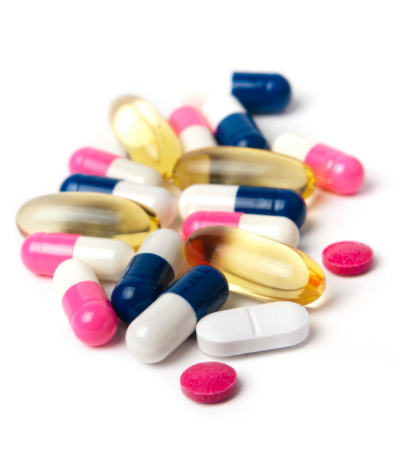PUBLISHED IN TCI WEEKLY NEWS
1st November 2014 
The condition of your mouth is reflective of much more than just the health of your teeth and gums- it can be indicative of more general, and possibly serious, health problems. In this and my next column I am going to briefly outline some of the ‘watch-out’ symptoms you might be experiencing in your mouth and what they could potentially mean for the rest of your body.
Bad Breath: Liver disease/ Kidney Disease/ Diabetes
If brushing your teeth (and tongue), flossing regularly and using breath fresheners are still not eliminating bad breath, it may be a symptom of something more serious and indicate a disease elsewhere in the body. The type of smell can actually help in identifying the potential problem. An acrid, ammonia- type smell could indicate kidney disease. Other accompanying symptoms of kidney disease include changes in urination, a metallic taste in the mouth, or nausea, fatigue or dizziness. A rotten egg- type smell could indicate liver damage and as cirrhosis of the liver often shows no other symptoms in the early stages, it’s worth getting it checked out, particularly if you drink a lot of alcohol. A sweet smell to the breath could indicate diabetes. In all these cases it is definitely worth a trip to the doctor.
 Yellow teeth: Medication
Yellow teeth: Medication
Teeth discolour for a number of reasons including the food and drink we consume, aging and smoking. However, a number of medications have been linked to causing yellow teeth. These include antibiotics such as tetracycline – often used for acne – mouth rinses containing chlorhexidine specifically used to treat gum disease, and medicines for high blood pressure. The best way to treat yellow teeth is to consult with your dentist on professional cleaning and whitening. Toothpastes which claim to ‘whiten’ teeth will only remove superficial stains and not have any impact on the colour of the existing surface of the teeth.
Dry Mouth: Diabetes
Although a dry mouth can often be attributed to dehydration and other factors such as alcohol consumption, some medications and smoking, a lack of sufficient saliva is one of the earliest symptoms of diabetes.
The condition causes blood vessels in the salivary glands to thicken and slows down the natural production of saliva. This can make the gums more prone to infections. Other symptoms include excessive thirst, tingling in the hands and feet, frequent urination and blurred vision.
If you have concerns in any of these areas, mention it to your dentist at your next dental check-up or consult with your doctor.